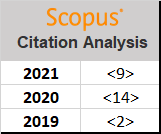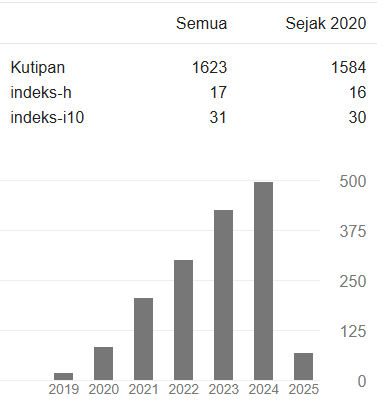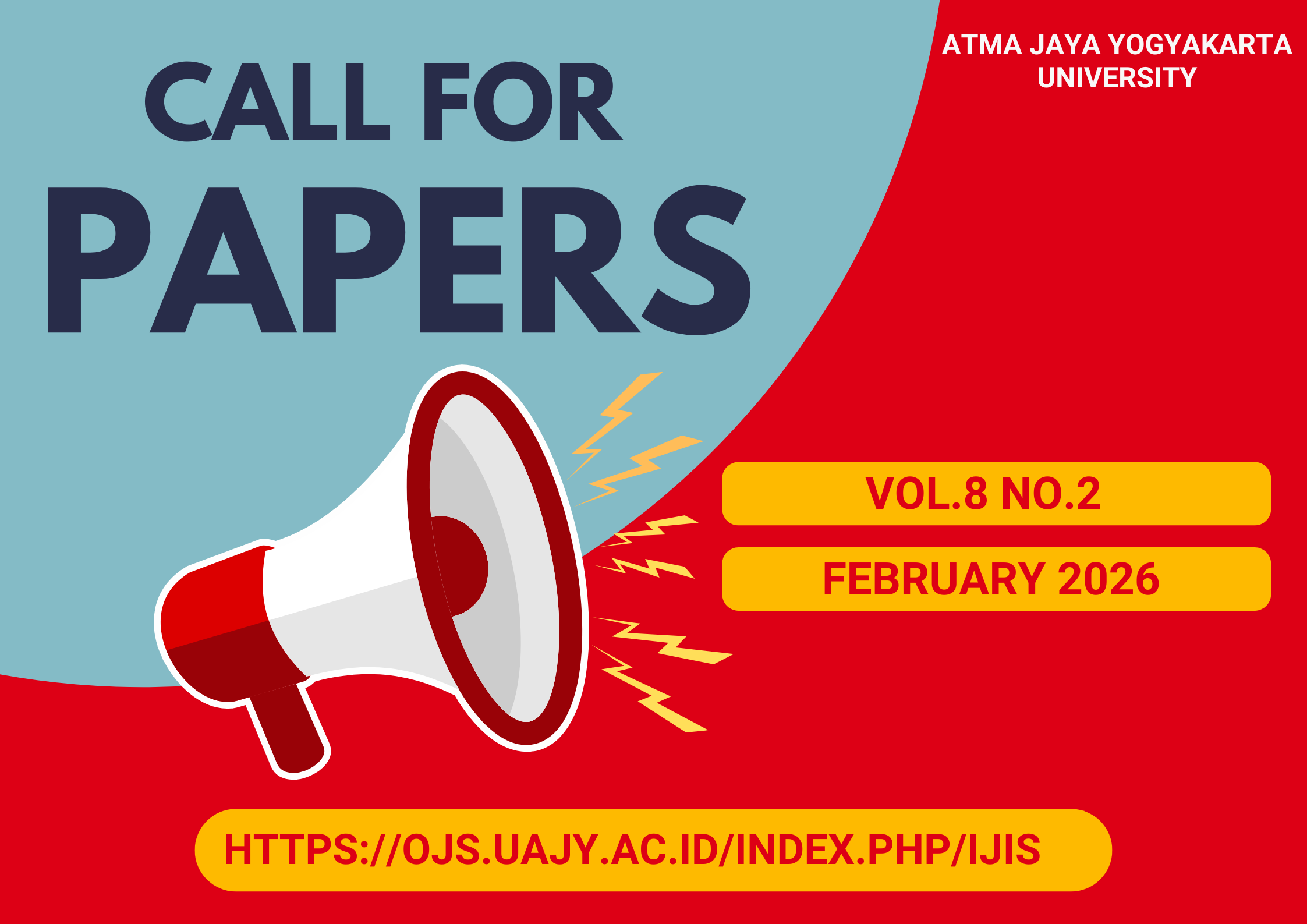Long Term Orientation Moderating Effect on Acceptance of Jogja Smart Service in Countries with Pragmatic Society
DOI:
https://doi.org/10.24002/ijis.v3i2.4232Keywords:
Long Term Orientation, UTAUT2, Cultural Moderators, Smart CityAbstract
The government and stakeholders with smart city concept can take advantage of communication technology, a network that has grown rapidly to date for all the needs of urban challenges. The challenges of government services that must be shortened, cut distances, and information disclosure can begin to be resolved with the concept of a smart city with its various products. The technology acceptance model combined with the cultural moderator has been used by several researchers for acceptance testing, one of which is this paper. Research and survey data collection were processed using Smart PLS 3.2 with Sequential Equation Modeling in Yogyakarta, Indonesia. This is unique to discuss because the p-value of Long Term Orientation (LT) is 0.386 which means that it does not significantly moderate behavior. This is interesting to be presented in publications, because Indonesia is a country with a high Long Term orientation value or a pragmatic society. Pragmatic societies tend to be more flexible in adjusting traditions, with the current context, and easy to adapt. Our supporting findings are that respondents who have tried using JSS are still given the opportunity to use conventional methods in government services.
Downloads
Published
How to Cite
Issue
Section
License
Indonesian Journal of Information Systems as journal publisher holds copyright of papers published in this journal. Authors transfer the copyright of their journal by filling Copyright Transfer Form and send it to Indonesian Journal of Information Systems.

Indonesian Journal of Information Systems is licensed under a Creative Commons Attribution-NonCommercial 4.0 International License.

















